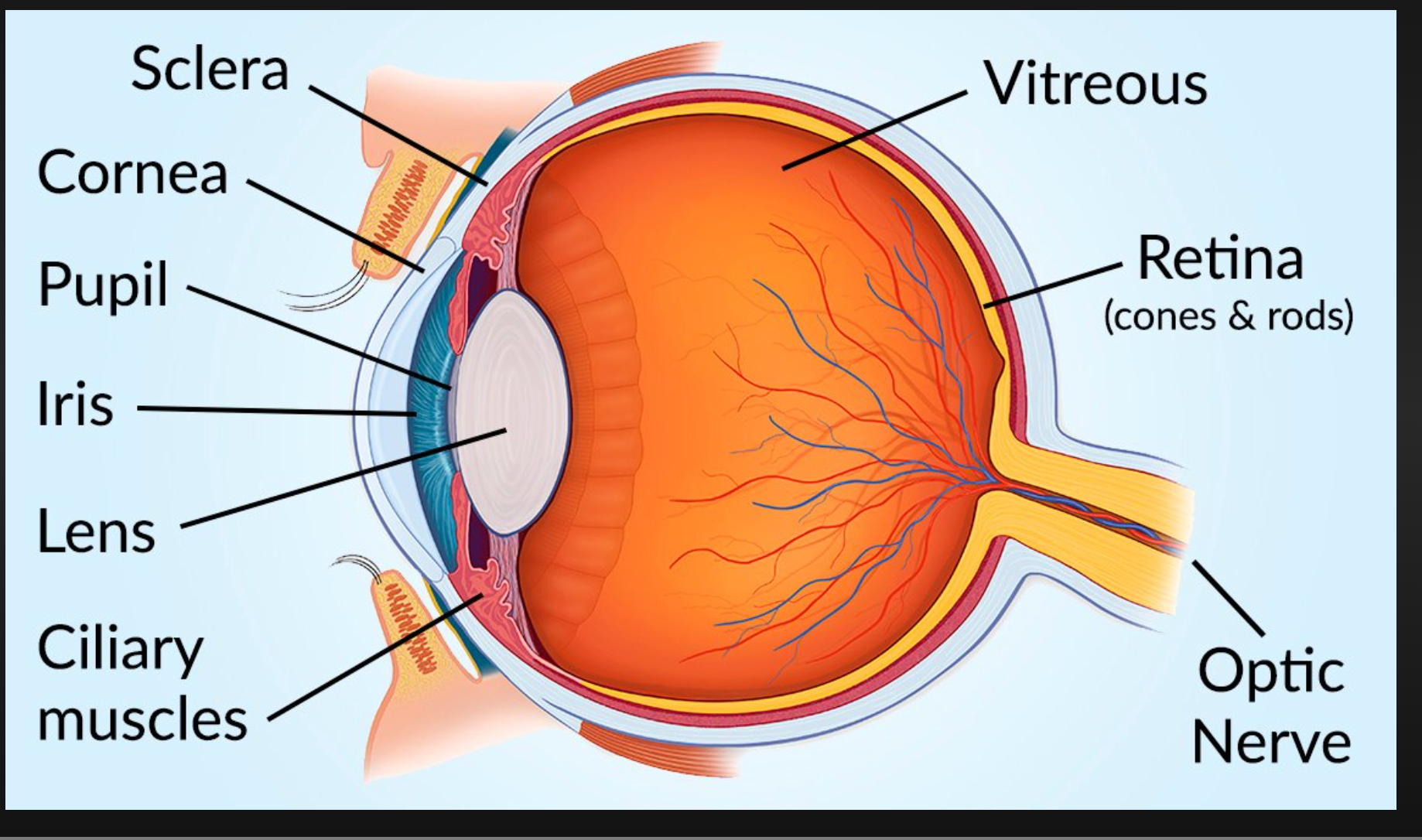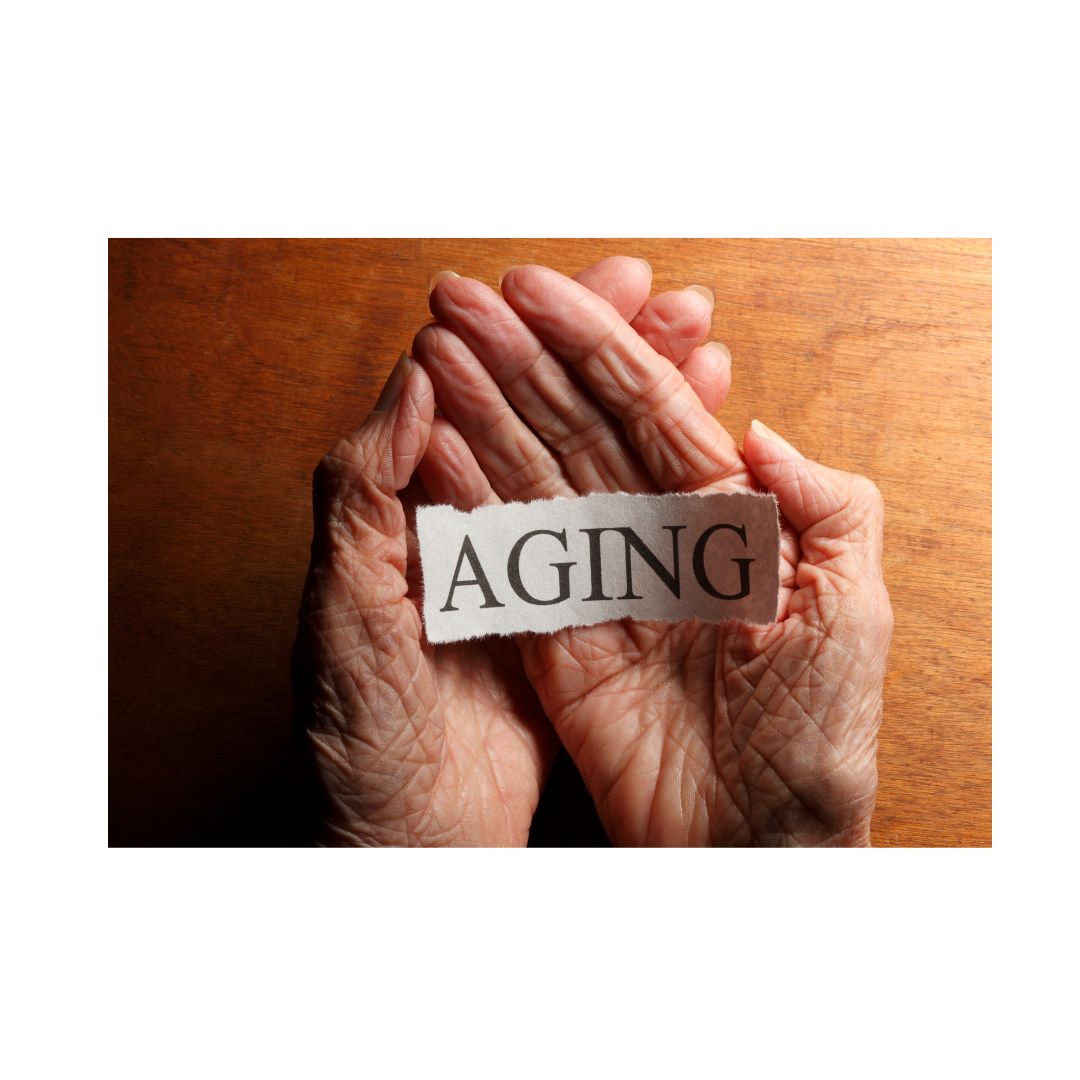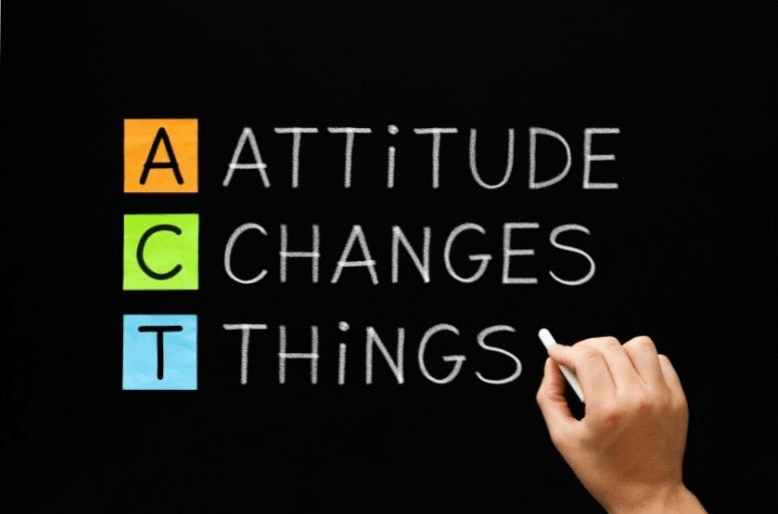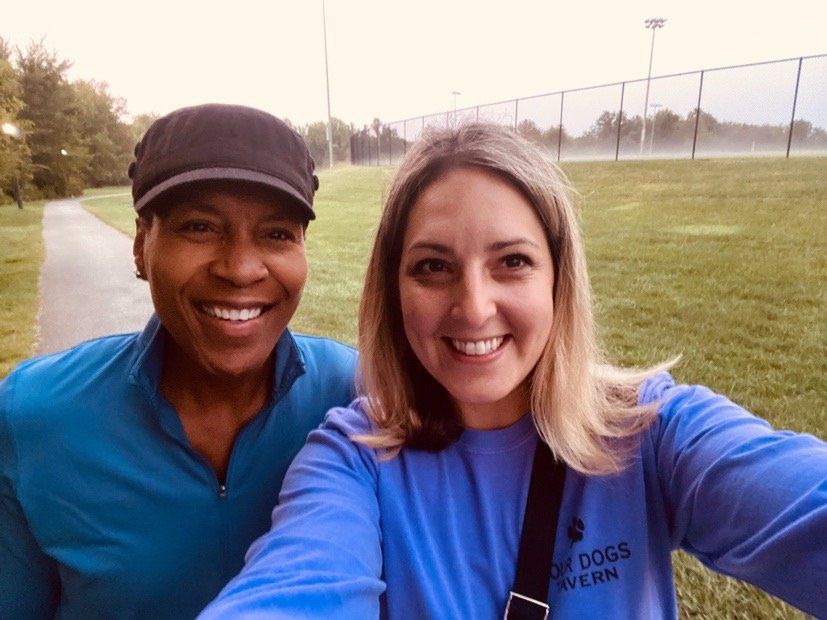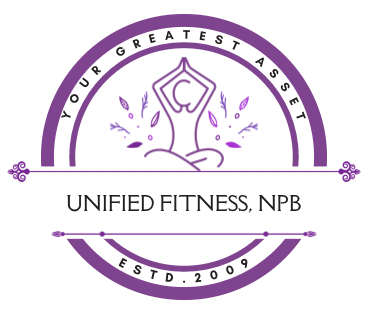Your Changing Sleep Pattern
Emotional, physical, and mental health all contribute to your overall well-being. Essentially all these aspects affect the whole of you. Intentionally sticking with a healthy sleep pattern should be a part of your self-care plan. Sleep does many wonderful things for our body. While you are resting your body is hard at work repairing, protecting, and preparing for the next day.
Sleep affects your health in many ways such as:
- Heart Health
- Sleep helps keep your heart and blood vessels healthy. Lack of sleep can cause high blood pressure, and heart disease over time.
- Metabolism -
- Sleep helps regulate your metabolism. Lack of sleep can cause blood sugar levels to fluctuate. Fluctuating blood sugar levels affect your mood, and energy levels, and can impact mental function (think depression/anxiety).
- Stress
- Sleep helps your mind and body relax. Stress can cause you to be reactive, make rash decisions, and feel anxious.
- Inflammation
- Inflammation (sometimes you don’t see or feel inflammation) damages internal structures and increases the risk of disease.
- Weight Loss/Maintenance
- Sleep impacts the hormones Ghrelin (a hormone that stimulates appetite) and Leptin (a hormone that suppresses appetite). If you want to lose or maintain weight a good night's sleep is part of that equation.
- Memory and Alertness
- A good night's sleep makes you feel energized and alert. In addition to improving your memory.
- Repairs
- While you are sleeping your body repairs. Muscles that have been torn from exercise heal and grow. Protein which is the building block of cells is repaired to make you stronger and protect your immune system.
How much sleep do you need?
Age Group
Recommended Hours of Sleep Per Day
Preschool / 3–5 years / 10–13 hours per 24 hours (including naps)
School Age / 6–12 years / 9–12 hours per 24 hours
Teen / 13–18 years / 8–10 hours per 24 hours
Adult / 18–65 years / 7-9 hours per night
As we age our sleep patterns change. Most people find it's more difficult to sleep. They wake up more often during the night and earlier in the morning. The change generally occurs due to the aging of your internal clock also known as SCN (Suprachiasmatic Nucleus). The aging of the SCN affects your circadian rhythms which impacts your sleep. Additionally, disruption in the melatonin and cortisol hormones can impact your sleep as well due to an imbalance. Mental and physical health conditions can interfere with sleep. Other factors like medication, stress, and sleeping environment can impact your rest. Try to identify the source of your sleep disruption so you can get better rest.
Sleep tips for older adults:
- Exercise - helps you fall asleep faster, longer and better quality of sleep.
- Avoid Substances that discourage sleep - caffeine, tobacco, sugar, late meals/snacks.
- Sleep Schedule - keep a regular sleep schedule (even on the weekends).
- Bed-Time Routine - relaxing activities such as reading, meditating, listening to calming music.
- Technology - avoid or minimize use of technology and television before bed.
- Phone - keep a phone nearby just incase you need help getting out of bed, or have an emergency during the night.
- Sleep Aids - with your doctors approval consider using a sleep aid to help you rest.

